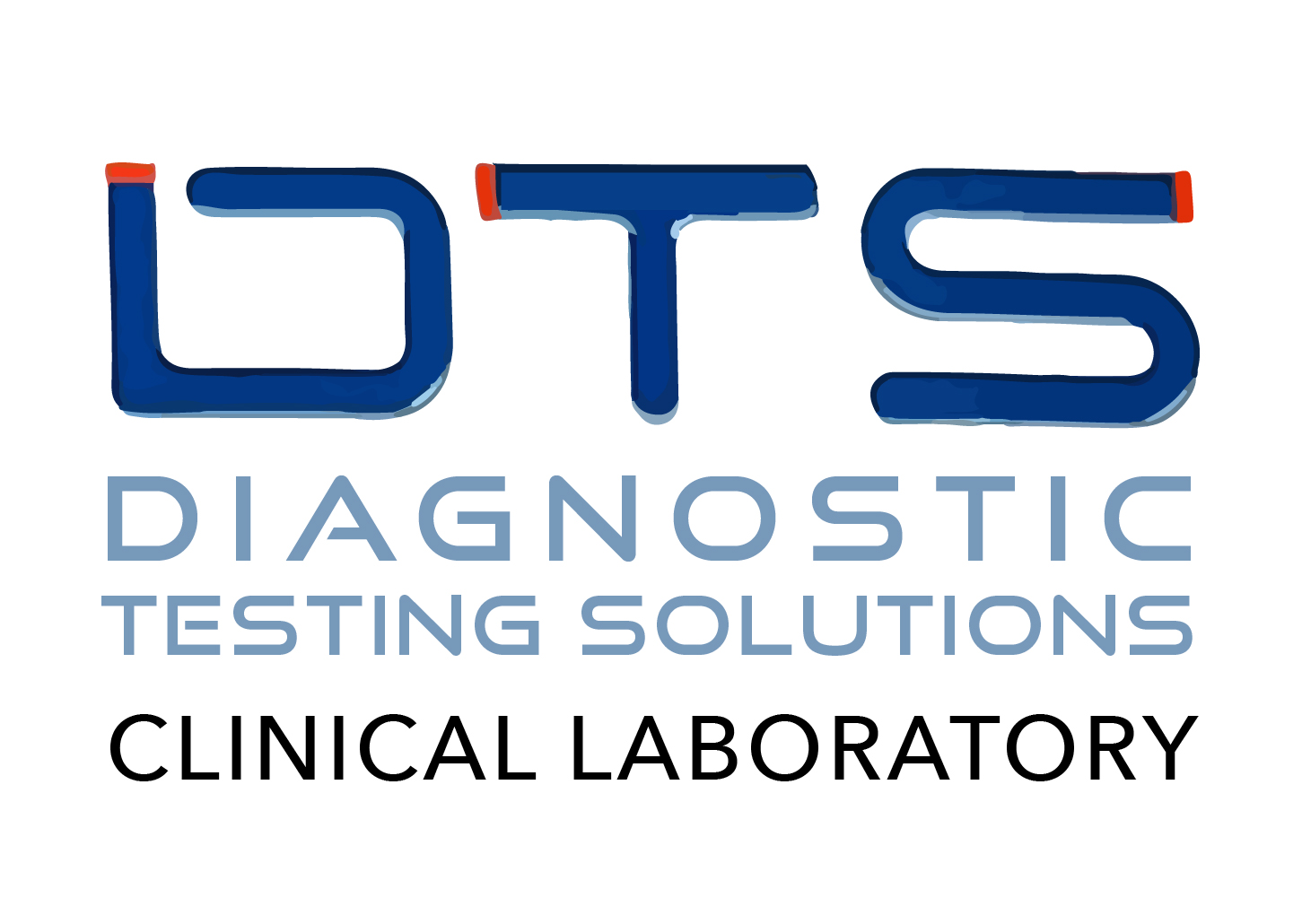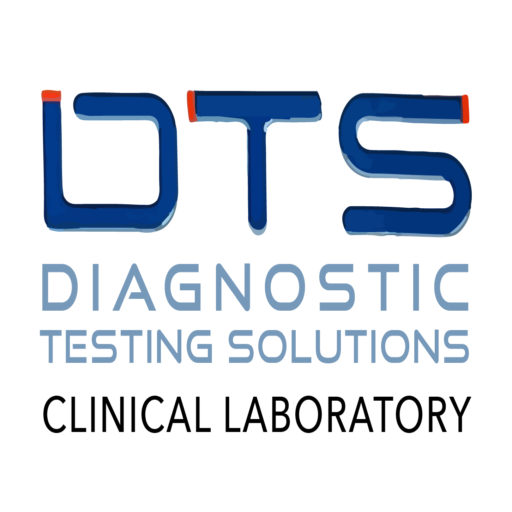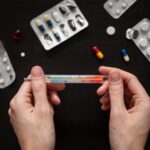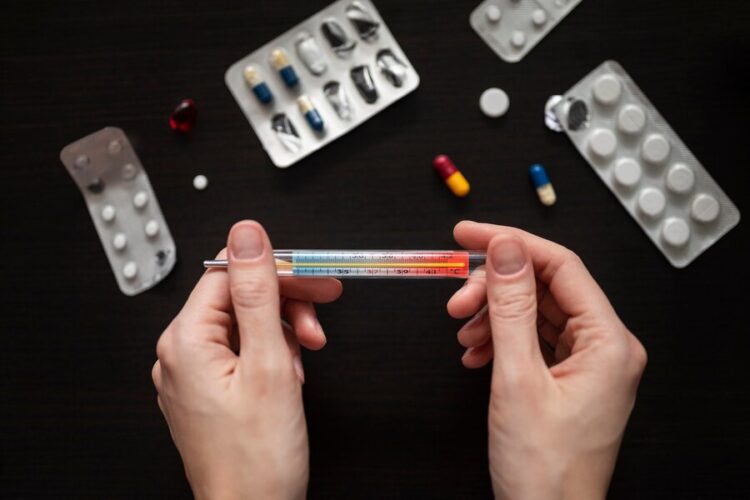
Understanding Drug and Alcohol Tests
Drug and alcohol test are designed to detect the presence of substances in your body. Common types of tests include:
- Urine Tests: Often used for drug detection due to their accuracy and ease of collection.
- Breathalyzer Tests: These are used primarily for alcohol testing, which measures the alcohol content in your breath.
- Blood Tests Offer a precise measure of drugs or alcohol levels but are more invasive.
- Oral Fluid Tests: Saliva-based tests that detect recent drug use.
- Hair Follicle Tests: Provide a longer drug detection window, sometimes up to 90 days.
Each test type has specific protocols, and the effect of eating or drinking can vary depending on the method used.
How Eating Affects Drug and Alcohol Test Results
What you eat or drink before a test can significantly affect the accuracy of your results:
- Drug Tests: Eating food is generally allowed, but some foods and beverages can cause false positives or mask substances.
- Alcohol Tests: Food can delay the absorption of alcohol into your bloodstream, potentially impacting test results.
Common Types of Drug and Alcohol Tests
Different tests detect drug and alcohol use, each with unique applications and accuracy.
Urine Test
Urine testing is the most widely used method for detecting drug use. It identifies a broad spectrum of substances, including marijuana, cocaine, opioids, and amphetamines. Urine tests are popular due to their ease of administration, cost-effectiveness, and relatively quick results, making them ideal for workplace and legal screenings.
Breathalyzer Test
Breathalyzer tests are primarily used for alcohol detection. By measuring the alcohol content in your breath, they provide an immediate estimate of your blood alcohol concentration (BAC). This test is commonly used in law enforcement and roadside checks due to its quick and non-invasive nature.
Blood Test
Blood tests are considered the gold standard for accurately measuring the levels of drugs and alcohol in the body. They are highly reliable but less commonly used due to their invasive nature, higher cost, and the need for specialized medical personnel. Blood tests are often reserved for situations requiring precise measurements, such as medical evaluations or legal cases.
Oral Fluid Test
Oral fluid tests, also known as saliva tests, are effective for detecting recent drug use, typically within the last 24 to 48 hours. These tests are easy to administer, non-invasive, and provide quick results, making them ideal for screening recent consumption of drugs like marijuana, cocaine, and other substances. They are often used in workplace testing and roadside drug checks.
Fasting Before a Drug Test: Is It Necessary?
Fasting is not generally required before a drug test. However, there are exceptions:
- Urine Tests: No fasting is required, but avoid foods that could interfere with results, such as poppy seeds, which can cause a false positive for opiates.
- Blood Tests: If a blood drug test includes other components like glucose or lipid measurements, fasting may be necessary for 8-12 hours.
Can You Eat Before a Drug Test?
Yes, you can eat before a drug test, but with some considerations:
- Avoid Certain Foods: Foods like poppy seeds, hemp products, and excessive caffeine can impact test results.
- Stay Hydrated: Drinking water helps flush your system but avoid over-hydrating it as it can dilute urine, leading to inconclusive results.
Understanding how these factors impact test results is essential, much like knowing what is drug and alcohol evaluation and how it plays a crucial role in assessing a person’s substance use patterns. Evaluations are typically used in legal, clinical, or workplace settings to determine whether someone requires treatment or intervention based on their substance use.
Food Restrictions Before Drug Tests
- Poppy Seeds: Known to cause false positives for opioids.
- Hemp Products: Can contain trace amounts of THC, the psychoactive component in marijuana.
- High-Fat Foods: May slow drug metabolism, potentially affecting test results.
Foods That May Affect Test Accuracy
Certain foods and beverages may alter drug and alcohol test results:
- Energy Drinks and Caffeine Can lead to elevated blood pressure, affecting alcohol breathalyzer readings.
- Vinegar and Detox Drinks: They are claimed to cleanse the body but are unreliable and detectable in some tests.
- Alcohol-Containing Foods: Foods cooked with alcohol, like beer-battered foods, may affect breathalyzer results.
Can You Eat Before an Alcohol Test?
Eating before an alcohol test, such as a breathalyzer, is generally allowed but may alter how alcohol is absorbed and detected:
- Food Delays Alcohol Absorption: Eating before drinking slows the rate at which alcohol enters your bloodstream, potentially leading to lower breathalyzer readings.
- High-Fat Foods: These can further slow alcohol absorption, but the effect varies by individual.
How Food Affects Breathalyzer Results
- Timing Matters: Eating immediately before testing can temporarily lower breath alcohol content.
- Specific Foods: Foods like bread or crackers can help absorb alcohol, but this effect is minimal and temporary.
Recommended Eating Habits Before Drug and Alcohol Tests
To ensure accurate results, consider the following dietary recommendations:
- Avoid Known Interfering Substances: Refrain from foods that affect test outcomes, like poppy seeds or hemp products.
- Eat a Balanced Meal: If fasting isn’t required, eat a light meal before testing to maintain normal bodily functions.
- Limit Caffeine and Sugary Drinks: These can affect hydration levels and potentially skew test results.
Water and Its Role in Drug and Alcohol Testing
Water plays a vital role in drug and alcohol testing:
- Hydration Is Key: Drinking water helps maintain normal urine concentration, but overconsumption can dilute urine and lead to inconclusive results.
- Alcohol Tests: Water intake does not significantly affect breathalyzer readings.
Dietary Restrictions and Medical Guidelines for Testing
Medical guidelines suggest adhering to standard dietary habits before drug and alcohol tests unless otherwise directed by your healthcare provider:
- Follow Specific Instructions: Testing facilities may provide guidelines tailored to the test type.
- Inform of Medications and Supplements: Some over-the-counter medications and dietary supplements can affect test results.
Workplace Policies and Drug and Alcohol Testing
Workplace drug and alcohol tests often have strict protocols:
- Pre-Employment Screening: Candidates must adhere to guidelines, including abstaining from certain foods or substances.
- Random Testing: If initial results are unusual, eating habits could be scrutinized in follow-up tests.
What to Expect at the Testing Facility
Here’s what typically happens during a drug or alcohol test:
- Urine Collection: You may be asked to provide a urine sample under supervision.
- Breathalyzer Test: For alcohol tests, you will blow into a device that measures breath alcohol content.
- Blood Draw: A phlebotomist will draw blood, usually from a vein in your arm.
Conclusion
Understanding the impact of eating before a drug or alcohol test is essential for accurate results. While you can generally eat before these tests, being mindful of specific foods that may interfere, such as poppy seeds or alcohol-containing items, is crucial. It’s important to know how drug and alcohol tests detect substances in the body to ensure accurate testing. These tests work by identifying specific metabolites in urine, blood, saliva, or hair, which indicate recent or past substance use.
Following recommended guidelines helps ensure your test outcomes reflect true substance levels without unintended influences. Adhering to proper preparation and being aware of dietary restrictions can help you navigate drug and alcohol tests with confidence. This proactive approach minimizes the risk of false positives and helps maintain compliance with legal, medical, or workplace testing requirements.
FAQ’s
Do I need fasting for a drug test?
Fasting is generally not required for most drug tests, such as urine, oral fluid, or hair tests. However, if your drug test is combined with other blood tests like glucose or lipid panels, fasting for 8-12 hours may be necessary. Always follow the specific instructions given by the testing facility.
What foods can affect a drug test?
Certain foods, such as poppy seeds, hemp products, and items containing alcohol, can affect drug test results. Poppy seeds can cause false positives for opioids, while hemp products may contain trace amounts of THC. Avoid consuming these items before testing to prevent any interference with your results.
How do you prepare urine for a drug test?
To prepare for a urine drug test:
- Stay hydrated, but avoid excessive water intake, which can dilute the sample.
- Refrain from consuming known interfering substances like poppy seeds or over-the-counter medications that could affect results.
- Follow any specific guidelines provided by your testing facility.
Can alcohol affect drug test results?
Yes, alcohol can affect test results, especially in alcohol-specific tests like breathalyzers or blood alcohol tests. Alcohol-containing foods, mouthwashes, or medications could also influence breathalyzer readings, so avoiding these before testing is best.
What is the difference between a drug test and a drug screen?
A drug screen is a preliminary test used to detect the presence of drugs quickly, usually via urine or saliva. It’s often less specific and may produce false positives. On the other hand, a drug test involves more thorough analysis, such as blood tests, which confirm the presence and levels of specific substances, making it more accurate and reliable.
What to expect in a drug test?
During a drug test, you must typically provide a sample such as urine, saliva, blood, or hair. The sample collection process is quick and generally non-invasive. You may be asked to avoid certain substances or medications before the test, and you will receive results within a few days, depending on the type of test performed.






